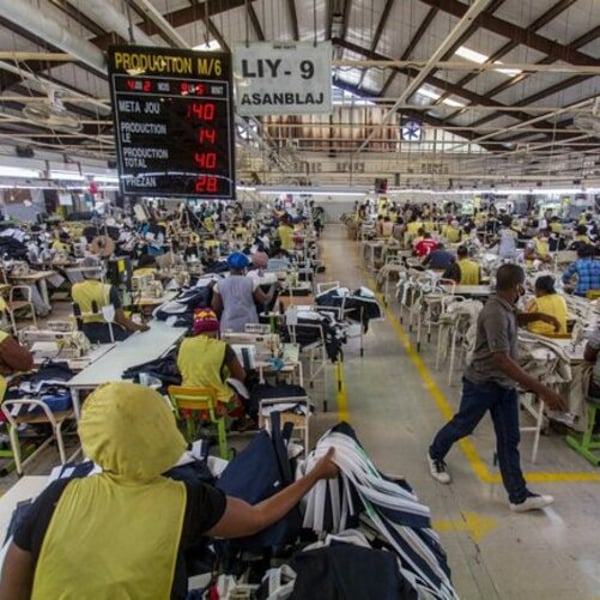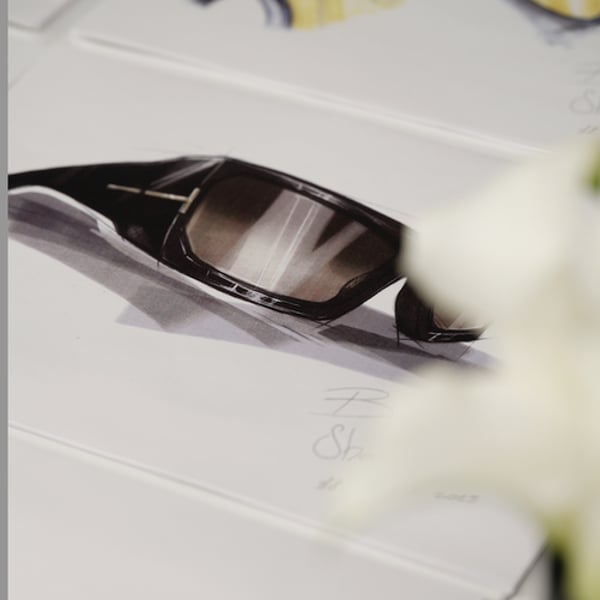By
Bloomberg
Published
October 1, 2025
Just hours after the Trump administration pushed an international “gang suppression force” through the United Nations to stabilize Haiti, US lawmakers gutted the country’s last stable industry.

A two-decade-old law that allows Haitian textiles to enter the US tax free expired Tuesday as the government in Washington shut down.
In a country seized by crime and rampant gang violence, the textile sector is one of few that’s working and is an important source of revenue for the country, said Maulik Radia, the president of the Haiti Industrial Association. The industry employs more than 24,800 people and exports to the US totaled $538 million in the 12 months through July. Without the trade deal, it’s unlikely those companies can continue to function, he warned.
“Once these jobs are lost, that creates a fertile ground for gangs to recruit more people,” he said in an interview before the tariff-free measure expired. “While we appreciate that the US is concerned about security issues in Haiti, this could be the biggest plus for security in the country.”
Without the deal, Haiti’s exports to the US are subject to duties of between 14% and 30%, in addition to the 10% reciprocal tariff that most nations face.
The Haitian Hemispheric Opportunity Through Partnership Encouragement Act, or HOPE, was established in 2006 and amended in 2008. Since then, the trade preferences have been extended on a regular basis, with bipartisan support and little drama. In 2015, Congress extended HOPE for 10 years.
The American Apparel and Footwear Association had been lobbying for the last two years to get the deal extended. It was also hopeful a last-minute continuing resolution might save the deal. But in the end, Washington gridlock sank those attempts.
On Wednesday, the group asked lawmakers to approve a new deal retroactively.
“Despite persistent and constructive engagement from a wide range of stakeholders, Congress has fallen short in renewing these mutually beneficial programs, ultimately surrendering further strength to China’s manufacturing influence by placing unnecessary obstacles in the way of viable sourcing alternatives,” Beth Hughes, the organization’s vice president of trade and customs, said in a statement.
The poorest country in the Americas, Haiti has been in the grips of heavily armed gangs that have only grown more powerful since the 2021 murder of President Jovenel Moise. Gangs now control 90% of the capital and more than 3,000 people have been murdered this year, according to the UN. On Tuesday, the UN Security Council approved a US-backed effort to send some 5,500 international troops to the country to stabilize it.
Radia said there is no economic rationale for letting the deal lapse. The US is running a $437 million trade surplus with Haiti, and the nation is one of the top importers of rice from the US. Even the textile industry is largely run on US cotton.
Five years ago, Haiti’s textile sector employed more than 60,000 people. And there were hopes that the Trump administration’s focus on near-shoring industries might give it a boost. But the jobs that are lost due to the current expiration “will end up in the Far East and Asia,” Radia said. “That’s the real irony of this.”







